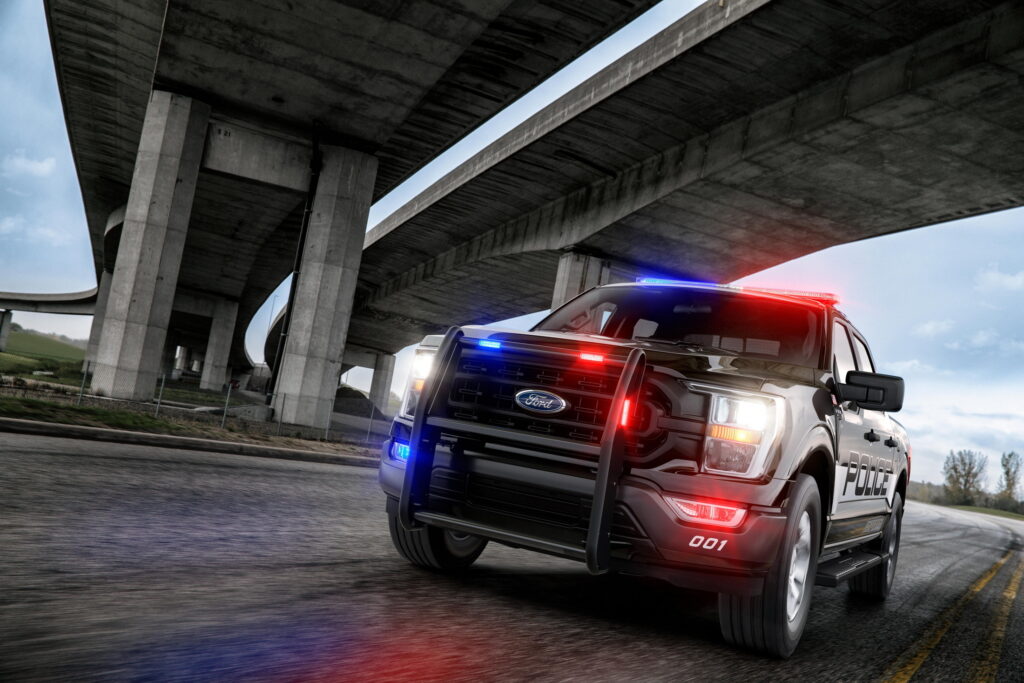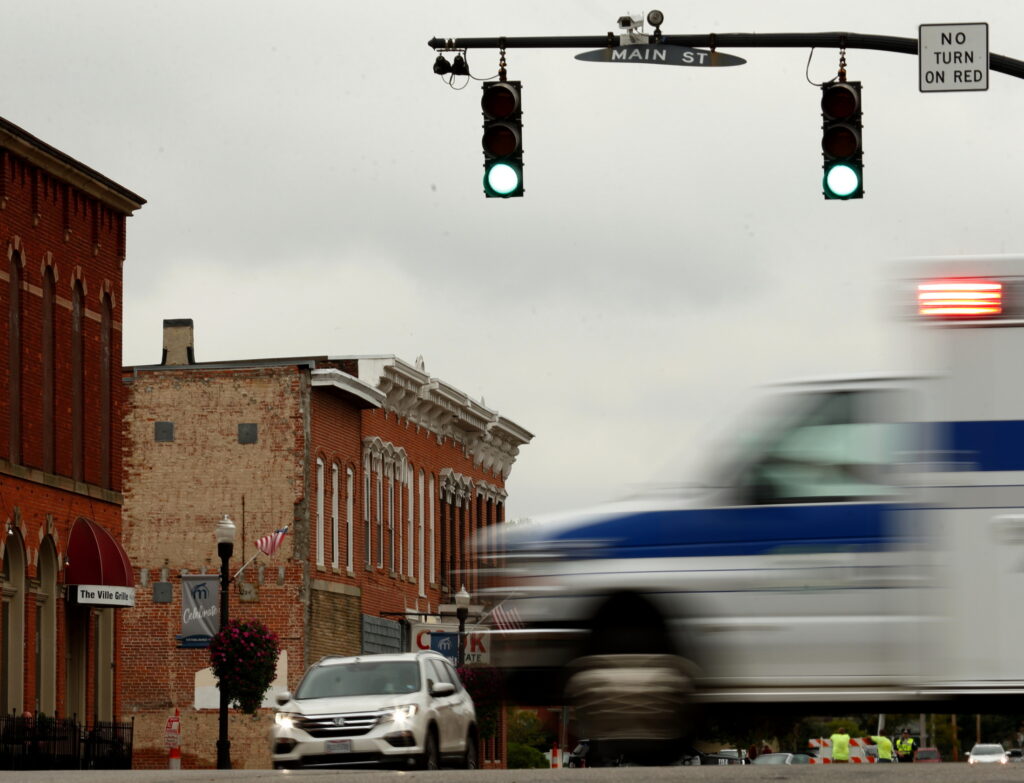For years, local governments and police departments have had access to data from license plate readers across their jurisdictions. A recent case from Westchester County, New York, is shedding new light on how AI companies are helping cops use that information not just to catch fugitives, but also to decide who is driving like they might be a criminal.
The case surrounds the conviction of David Zayas who, in March 2022, was driving in Scarsdale, New York, in a gray Chevrolet. Although he was neither speeding nor breaking traffic laws, Westchester PD pulled him over and searched his car and found crack cocaine, cash, and a pistol.
Just what caused the police to pull Zayas over has now revealed a system of surveillance that spans dozens of states, and that is now being used in law enforcement and elsewhere, reports Forbes. Thanks to a FOIA request by Zayas’ lawyer, Ben Gold, we know that the Westchester police department was able to examine the driving patterns of anyone passing one of its 480 cameras over a two period.
Using AI to analyze the data, which would have previously been too much to handle for a local police department, Westchester PD was able to determine that Zayas made several trips along routes typically used by drug traffickers, and turned around quickly to go home.
Read: Self-Driving Cars Are Like Surveillance Cameras On Wheels For Police

The technology used by the department was provided by Rekor, one of a number of companies working with police departments across the country to share vehicle information for surveillance purposes. Rekor’s technology can be used with any existing camera to gather information about license plates, and the make and model of vehicle associated with them, and more.
The “Rekor Public Safety Network” has been aggregating vehicle location data from its customers for the last three years, and has information from at least 30 states and can read more than 150 million plates per month, which has alarmed civil rights advocates.
“The scale of this kind of surveillance is just incredibly massive,” Brett Max Kaufman, a senior staff attorney with the American Civil Liberties Union (ACLU), told Forbes. “You’ve seen the systems totally metastasize to the point that the capabilities of a local police department would really shock most people.”
The technology has been described as unavoidable, warrantless surveillance of anyone who needs to use a highway. In his motion to suppress evidence gathered using the technology, Zayas’ lawyer, Ben Gold, argued that avoiding the technology is “unfeasible, if impossible.”
“With no judicial oversight this type of system operates at the caprice of every officer with access to it,” Gold wrote. “This is the systematic development and deployment of a vast surveillance network that invades society’s reasonable expectation of privacy.”
Meanwhile, Rekor and its competitors aren’t stopping with police departments. In pursuit of profits (Rekor is still operating at a loss), these companies have also partnered with corporations, like fast food restaurants.
Working with White Castle and McDonald’s, the data gathered by automatic license plate recognition (ALPR) companies is being used to tailor drive-thru orders and offer individualized promotion offers.
More worrying still, advocates like the ACLU’s Kaufman argue that “this is just the beginning of the application of this technology.”





